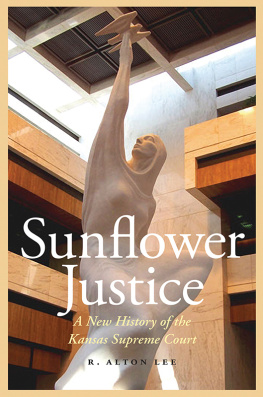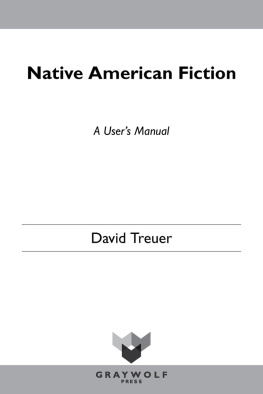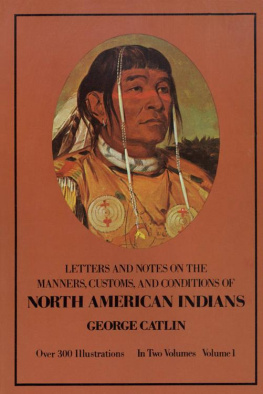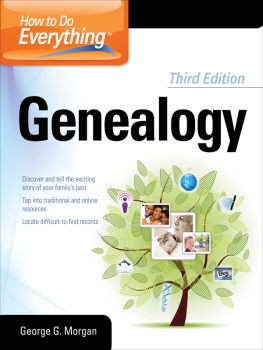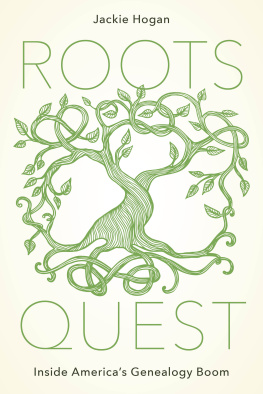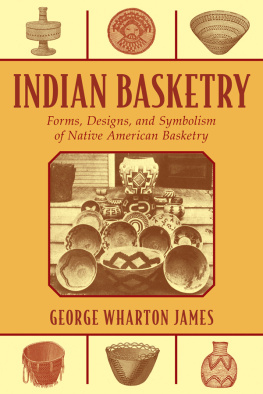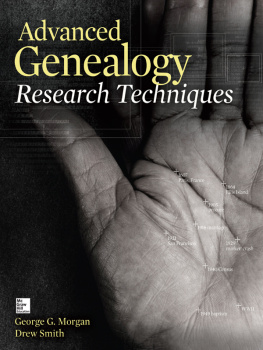
The Literary and Legal Genealogy of Native American Dispossession
The Literary and Legal Genealogy of Native American Dispossession offers a unique interpretation of how literary and public discourses influenced three U.S. Supreme Court Rulings written by Chief Justice John Marshall with respect to Native Americans. These cases, Johnson v. MIntosh (1823), Cherokee Nation v. Georgia (1831) and Worcester v. Georgia (1832), collectively known as the Marshall Trilogy, have formed the legal basis for the dispossession of indigenous populations throughout the Commonwealth. The Trilogy cases are usually approached as pure legal judgments. This book maintains, however, that it was the literary and public discourses from the early sixteenth through to the early nineteenth centuries that established a discursive tradition which, in part, transformed the American Indians from owners to mere occupants of their land. Exploring the literary genesis of Marshalls judgments, George Pappas draws on the work of Michel Foucault, Edward Said and Homi Bhabha, to analyse how these formative U.S. Supreme Court rulings blurred the distinction between literature and law.
Dr George D. Pappas is currently a practising lawyer in North Carolina, USA.
Indigenous Peoples and the Law
Series editors
Dr Mark A. Harris, La Trobe University, Australia; Prof Denise Ferreira da Silva, Queen Mary, University of London, UK; Dr Claire Charters, University of Auckland, New Zealand; Dr Glen Coulthard, University of British Columbia, Canada
The colonial modalities that resulted in the pillaging of the New World involved wholesale dispossession, genocidal violence and exploitation of their original inhabitants. It was not, however, until the latter part of the twentieth century that Indigenous peoples attained some degree of legal recognition. This book series focuses upon the manner in which Indigenous peoples experiences of law have been transformed from an oppressive system of denying rights to a site of contestation, and the articulation of various forms of self-governance. Encouraging a range of theoretical, political and ethical perspectives on Indigenous peoples and the law, this book series aims to provide a comprehensive survey of the experience of Indigenous peoples and their changing relationship with national and international juridical frameworks.
Titles in this series:
Aboriginal Peoples, Colonialism and International Law: Raw Law
Irene Watson
Indigeneity: Before and Beyond the Law
Kathleen Birrell
Forthcoming titles in this series:
Human Rights, the Rule of Law and Exploitation: Blood Minerals
Mark Harris
Scales of Governance and Indigenous Peoples: New Rights or Same Old Wrongs?
Edited by Irne Bellier and Jennifer Hays
Indigenous Peoples as Subjects of International Law
Irene Watson
The Literary and Legal
Genealogy of Native
American Dispossession
The Marshall Trilogy cases
George D. Pappas
First published 2017
by Routledge
2 Park Square, Milton Park, Abingdon, Oxon, OX14 4RN
and by Routledge
711 Third Avenue, New York, NY 10017
a GlassHouse book
Routledge is an imprint of the Taylor & Francis Group, an informa business
2017 George D. Pappas
The right of George D. Pappas to be identified as author of this work has been asserted by him in accordance with sections 77 and 78 of the Copyright, Designs and Patents Act 1988.
All rights reserved. No part of this book may be reprinted or reproduced or utilised in any form or by any electronic, mechanical, or other means, now known or hereafter invented, including photocopying and recording, or in any information storage or retrieval system, without permission in writing from the publishers.
Trademark notice: Product or corporate names may be trademarks or registered trademarks, and are used only for identification and explanation without intent to infringe.
British Library Cataloguing in Publication Data
A catalogue record for this book is available from the British Library
Library of Congress Cataloging-in-Publication Data
Names: Pappas, George D. (Lawyer), author.
Title: The literary and legal genealogy of Native American dispossession : the Marshall cases trilogy / George D. Pappas.
Description: New York : Routledge, 2016. | Series: Indigenous peoples and the law | Includes bibliographical references and index.
Identifiers: LCCN 2016000850| ISBN 9781138188723 (hbk) | ISBN 9781315642130 (ebk)
Subjects: LCSH: Indians of North AmericaLegal status, laws, etc.History. | Indians of North AmericaRelocation. | Indians of North AmericaLand tenure. | Indians in literature. | Indians of North AmericaGovernment relations. | Discourse analysis, LiteraryUnited StatesHistory. | Marshall, John, 1755-1835. | United States. Supreme CourtHistory. | Land tenureGovernment policyUnited States.
Classification: LCC KF8205 .P37 2016 | DDC 342.7308/72dc23
LC record available at http://lccn.loc.gov/2016000850
ISBN: 9781138188723 (hbk)
ISBN: 9781315642130 (ebk)
Typeset in ITC New Baskerville Std
by Swales & Willis Ltd, Exeter, Devon, UK
This research could not have been possible without the support and encouragement of my wife, Ellen P. Pappas. Scholars may be seen to work in splendid isolation at times, but I can attest that but for the devoted support my wife has given me over the course of this research, I could not have completed it.
Special thanks to Patricia Tuitt, Professor of Law and Executive Dean at Birkbeck School of Law, University of London, and Dr Piyel Halder, Senior Lecturer in Law and Acting Director of Graduate Studies, for their support.
Professor Tuitts consistent engagement and review of my work over the past six and a half years was essential to the development of my book. Her advice and encouragement, especially during the depths of difficult moments during my journey, were priceless to the ultimate completion of this research. Professors Tuitts review of the theoretical elements of this thesis, among numerous other discussions, provided vital insights on the integration of my theoretical foundation to the entire work.
Dr Piyel Halder provided important suggestions on the post-colonial sections of the book. His insights helped me to develop important comparisons between such theorists as Michel Foucault, Edward W. Said and Homi K. Bhabha. His suggestions were especially helpful on the research dealing with Cherokee resistance.
To my son, Alexander Julian Pappas, a special thanks for his profound literary expertise in providing a valuable sounding board to help me explain and articulate my research. I was blessed to have access to his literary and historical mind. Indirectly then I must also thank Goldsmiths College, University of London and Kings College London for their important contributions to my sons education in Early Modern English Literature. As editor, Alexander was exceptional in his ability to improve the clarity and consistency of my book throughout.
I would also like to thank Cherokee (Eastern Band) Supreme Court Justice J. Matthew Martin (retired) for allowing me the opportunity to introduce and discuss my research and to Steven Newcomb, author of




